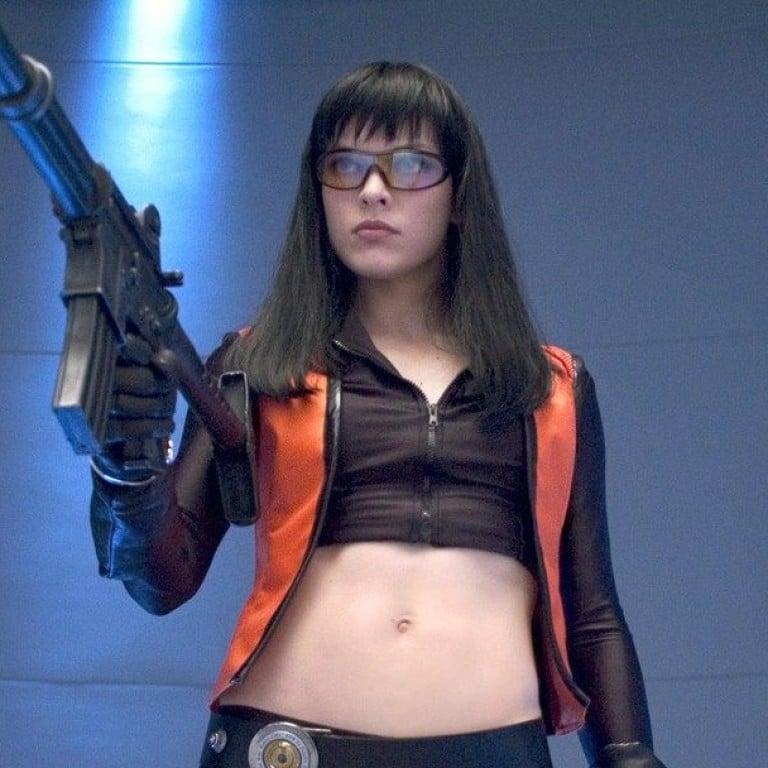
Why Milla Jovovich movie Ultraviolet, a US film shot in China, went so horribly wrong
- ‘Reigning queen of kick-butt’ Jovovich had just made two successful Resident Evil movies but could not stop 2006’s Ultraviolet from bombing at the box office
- Everything from the poor visual effects to rumoured studio interference led to Empire dubbing the film ‘a criminal waste of time and talent’
The pitch for Ultraviolet (2006), a super-stylised American sci-fi movie shot in China, must have had the moneymen salivating.
Writer-director Kurt Wimmer had shown he could handle action on a budget with Equilibrium (2002), and the combination of a talented Hong Kong crew and the towering Shanghai backdrops would ensure it all looked great.
Surely a franchise was in the offing?
Well, no. The film bombed, making just US$31 million on a production budget of US$30 million, and was described as “thoroughly unprofessional” (Village Voice), “incomprehensible” (Chicago Reader) and “a criminal waste of time and talent” (Empire).
So what went wrong?
“Hello, my name’s Violet, and I was born into a world you may not understand,” says Jovovich in an introductory voice-over. It’s a comment that proves highly prophetic as the convoluted backstory unspools.
Sam Neill couldn’t save it: first Sino-Australian film co-production flopped
In the near future, an accident in a US military laboratory has unleashed a virus that turned certain humans into “hemophages” (essentially vampires), who were then forced into hiding.
Having lost her husband and child, hemophage soldier Violet fights the system, as ruled by the evil Daxus (Nick Chinlund). But when she intercepts his supposed secret weapon, it turns out to be a young boy called Six (Cameron Bright) – perhaps the inspiration for Eleven from Stranger Things? – and the two join forces.
Although scenes of mask-wearing hordes on the metro seem creepily prescient in the Covid era, Wimmer claims the plot was inspired by John Cassavetes’ Gloria (1980), which saw Gena Rowlands going on the run to protect a young boy from the New York mob.
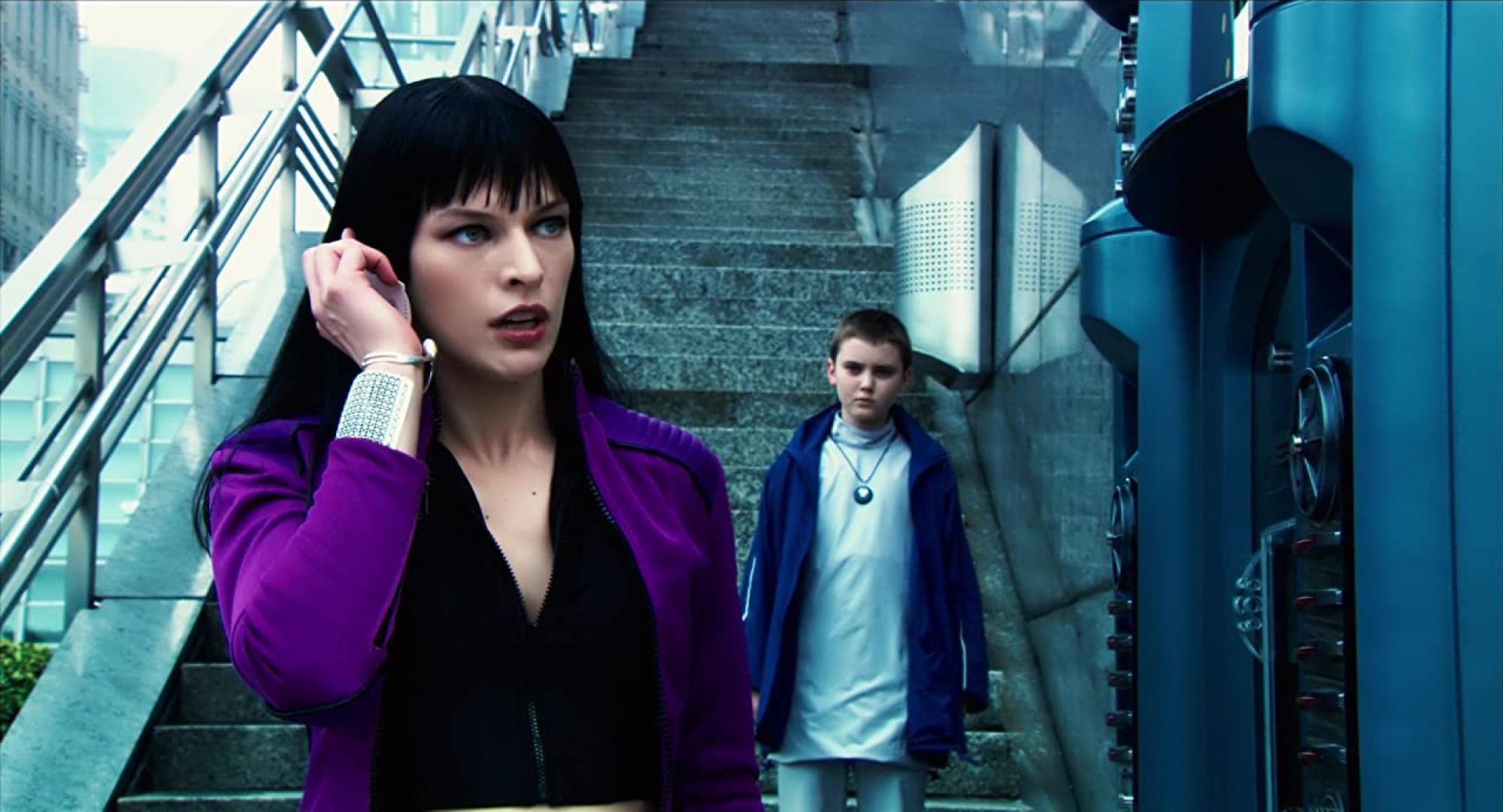
Whatever the truth, Gloria probably doesn’t contain exchanges as thudding as this one – Daxus: “What do you think you can do against that many men?” Violet: “I can kill them.”
Gloria may have been the inspiration, but Ultraviolet also rips off sci-fi standards such as Total Recall (1990), The Matrix (1999) and Minority Report (2002).
It’s a risky strategy. Not only do these films have intelligent scripts that probe at what it means to be human, they also have jaw-dropping visual effects that don’t look, as IMDB suggests, “visibly unfinished”.
Reigning queen of kick-butt or not, Jovovich really earns her pay cheque, managing to conjure genuine maternal concern for Six while taking on room upon room full of masked storm troopers.
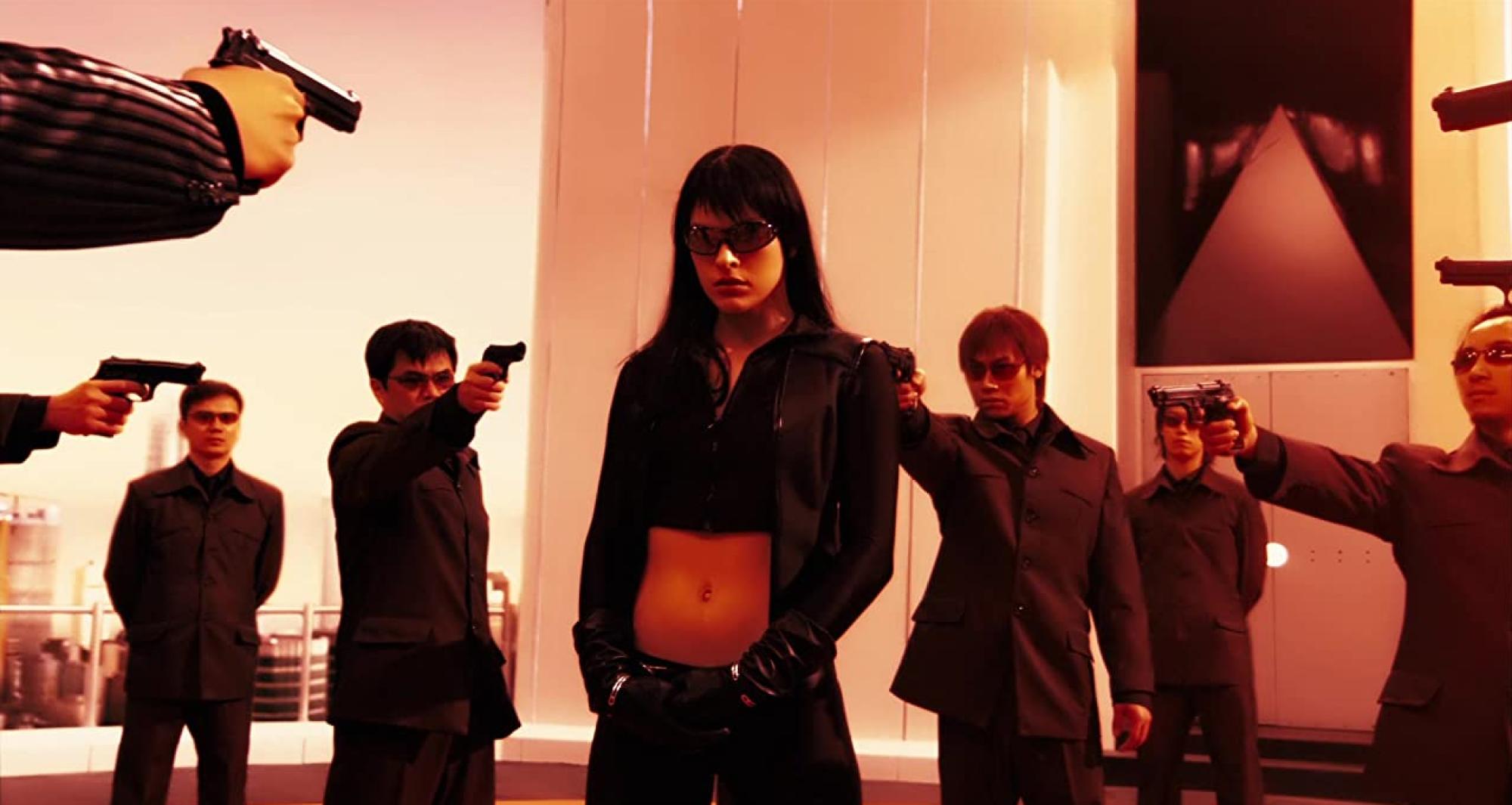
She deserves so much better, but then so does Shanghai, which offers up its imposing Pearl Tower, the gleaming piazzas of the Science and Technology Museum, plus all manner of cinematic staircases for very little in return.
Most of the supporting actors are non-Chinese, and the briefly glimpsed Asian bad guys speak a fictional language based on bastardised Vietnamese, called Thaihindi.
It’s this affectless, anonymous aspect that kills the film stone dead. The visual effects render the Hong Kong soundstages as bland as a bad PC game, and characters are often masked or dubbed, so it’s difficult to connect to them.
Even the final battle between Violet and Daxus takes place in darkness, their flaming swords making it look like a full moon party rather than a bitter fight to the death.
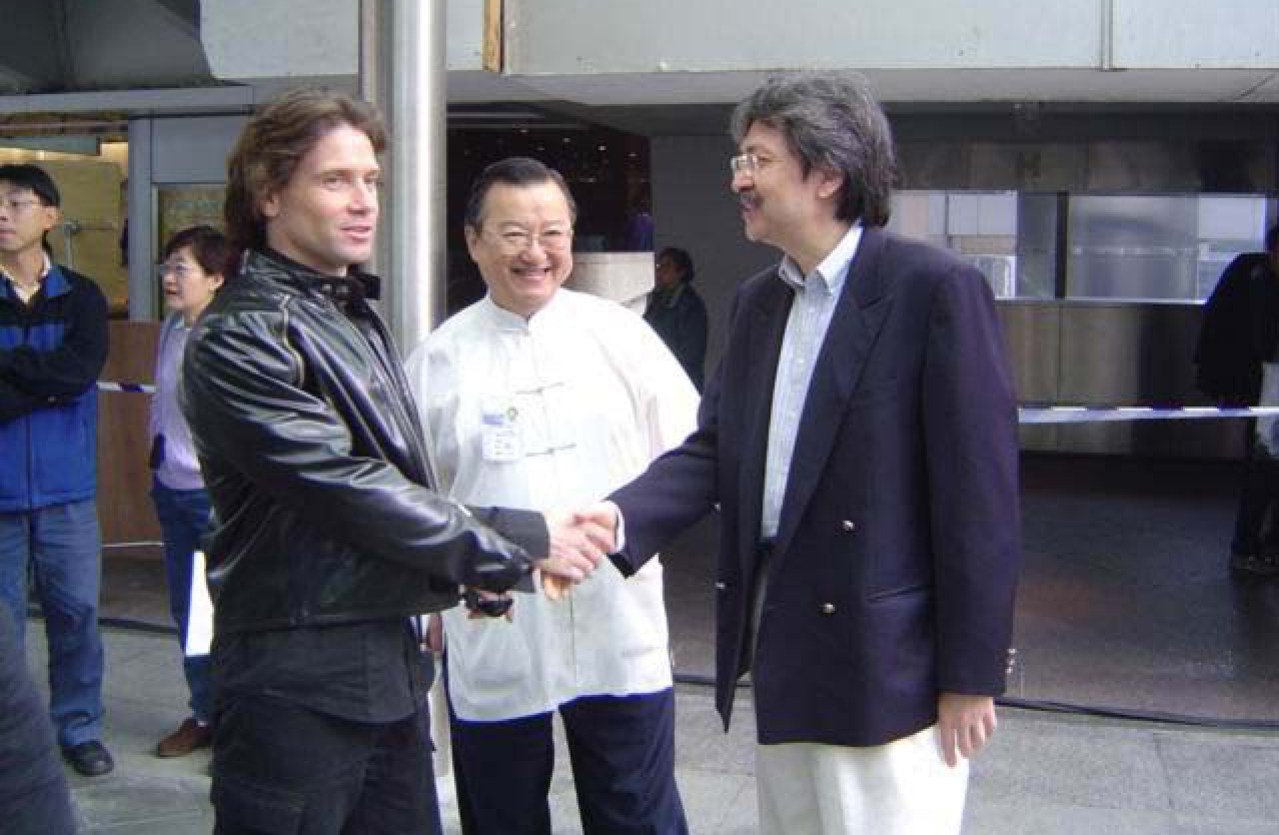
If all this speaks of studio interference, that’s long been the rumour. Jovovich complained of being locked out of the editing room, but blames Wimmer.
“On both Resident Evils I had a lot of input into the movie before it was finished,” she told IGN.
“But with Ultraviolet I was very depressed, because [Wimmer] was a real cad, in the sense that he kind of reneged on his promises and didn’t allow me to see my performances.”
According to internet scuttlebutt, poor Wimmer had his movie shortened, re-edited and cut to a PG-13 by Screen Gems, which goes some way to explaining how he made a vampire film with almost no blood in it.
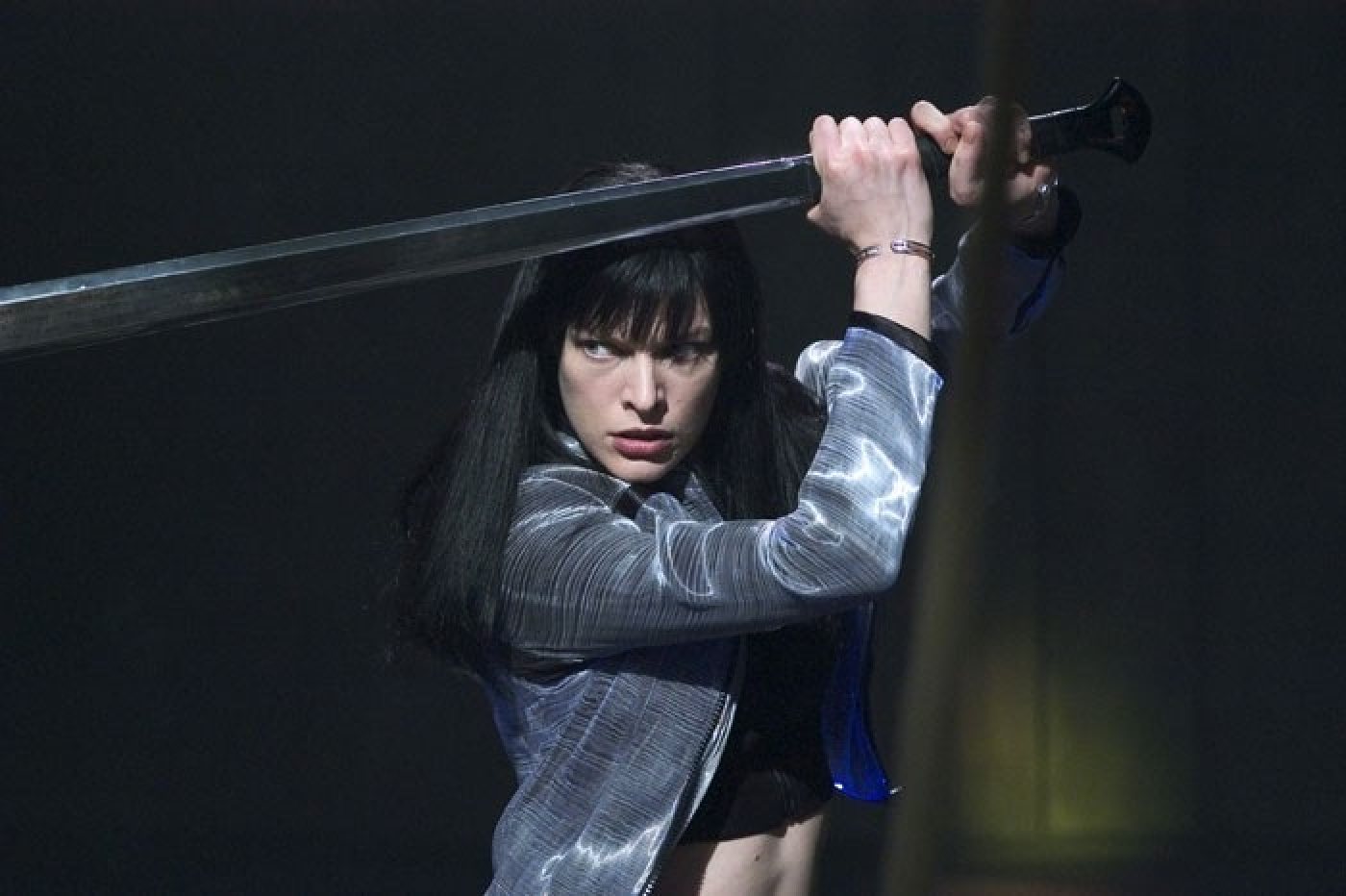
Not that it stopped the studio trying to get its cash back. For anyone who wants to know what happens next – or, indeed, at all – an Ultraviolet novelisation and anime series are also available.

